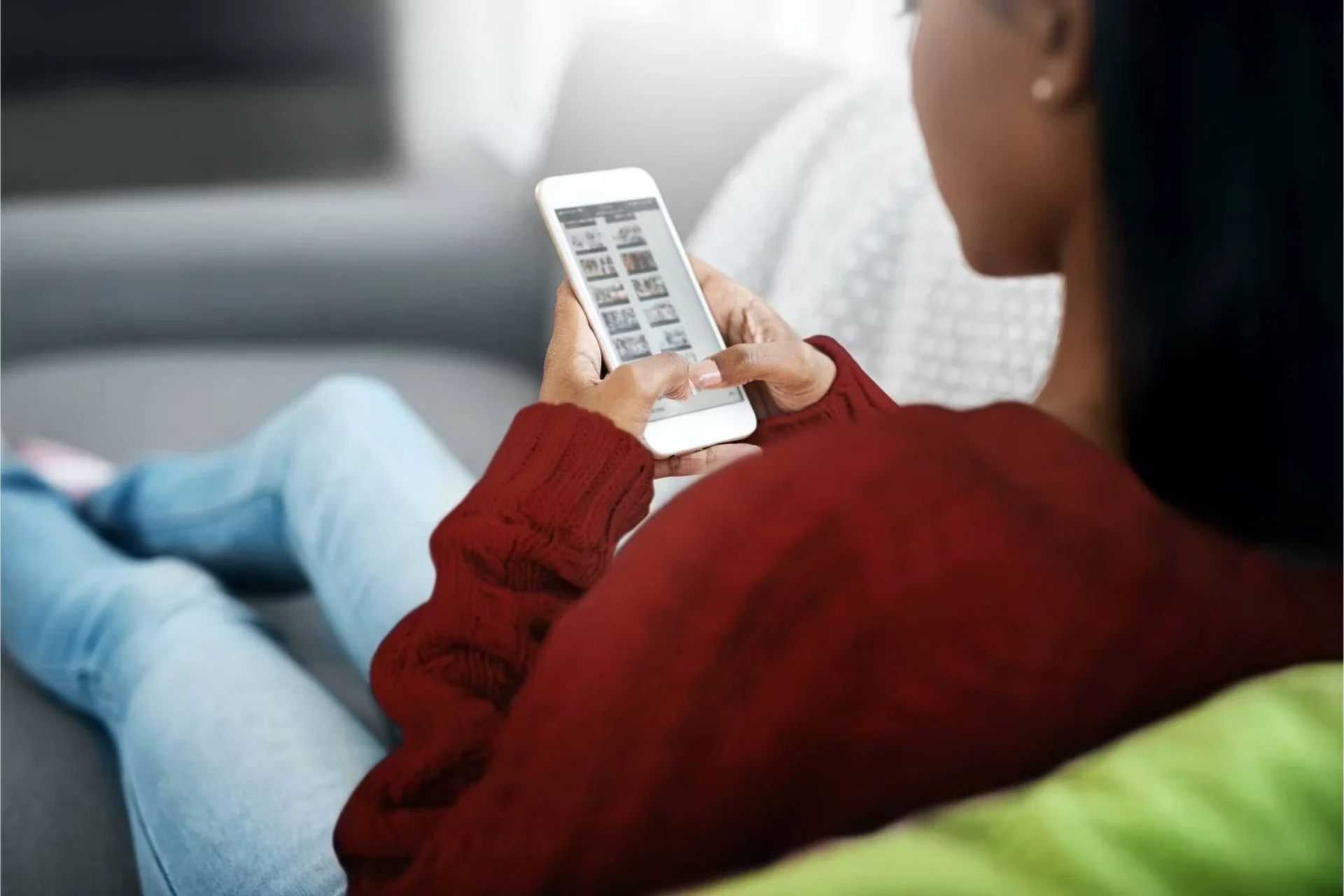The Impact of Social Media on Depression
The dopamine is cheap, the fatigue is real, and the spiral is silent.
We’ve all done it: you grab your phone for a “quick scroll,” just to unwind. Maybe it’s TikTok. Maybe it’s Instagram or Reddit. You’re just catching up. But then, somehow, it’s been 45 minutes… or two hours. You set the phone down and suddenly feel a little more tired, a little more anxious, a little more… off.
Sound familiar? You’re not the only one.
Social media isn’t inherently bad. It keeps us connected, entertained, informed. It can even be supportive, depending on how it’s used. But it also has a darker current—quiet, subtle, often unnoticed—and it can fuel depression in ways we don’t immediately see.
The Comparison Trap
Social media gives us windows into other people’s lives—but those windows are filtered, cropped, and touched up with polish and precision. We see the joy, the vacations, the new jobs, the clean kitchens. What’s hidden behind the frame? The burnout. The grief. The overwhelm. The fight that happened 10 minutes before the photo was taken.
Even when we know it’s a highlight reel, our brains start measuring. Comparing. Wondering why we’re not doing enough, achieving more, looking better. And that’s the trap. The shame spiral kicks in. The self-doubt starts whispering. Over time, this persistent sense of not being enough can become the soil where depressive thoughts grow roots.
Dopamine and the Scroll Loop
Each like, comment, or view? That’s a dopamine spark. A tiny jolt of “reward” in your brain’s feedback loop. But here’s the kicker—dopamine doesn’t mean happiness. It means wanting. So we keep scrolling, seeking the next ping, the next rush.
This loop is intentional. Algorithms are engineered to keep us glued to the feed. And what gets lost in the process? Presence. Connection. Rest. Creativity. Often, even a sense of self.
After a while, the scroll feels more like a trance than a break.
“Just One More Video”: Revenge Bedtime Procrastination
You should be asleep. You want to be asleep. But the day felt like it wasn’t yours, and now—finally—you have a few quiet moments. So you scroll. Maybe for a few minutes. Maybe for hours. You’ve entered what researchers call revenge bedtime procrastination—a form of self-sabotage born out of deprivation.
The logic? If I didn’t get time to rest, relax, or breathe today, I’ll take it now—even if it costs me tomorrow.
A 2022 study published in Frontiers in Psychology found that this behavior is associated with lower sleep quality, increased stress, and higher rates of depressive symptoms. The irony is sharp: trying to reclaim time for yourself by delaying bedtime can end up depleting your capacity to cope, feel joy, or regulate mood the next day.
And yet, when you’re overwhelmed, revenge scrolling feels like relief.
Until it doesn’t.
Fake Connection, Real Loneliness
Social media can mimic connection, but it rarely replaces the real thing. A double-tap is not emotional intimacy. A DM is not the same as being held or heard. The illusion of closeness often leaves us lonelier than before.
That feeling of scrolling through dozens of faces and still feeling alone? That’s not failure—it’s biology. Humans need attuned, in-person connection. Eye contact. Shared laughter. Silence that doesn’t feel awkward. When we don’t get that, our nervous system registers the absence. And slowly, that ache can become a background hum of sadness.
What You Can Do
You don’t have to delete all your apps or throw your phone into a canyon. But you can build a little distance:
Power down an hour before sleep. Seriously. No “just one more video.”
Curate your feed. Follow accounts that lift you up. Mute the ones that drain you.
Ask yourself how you feel after you’ve been online. Take that answer seriously.
Reclaim a few moments each day for something analog. A walk. A book. A friend.
Small shifts make a difference. One boundary at a time.
Therapy Can Help
If you’re noticing that your online life is affecting your offline mental health, therapy is a safe place to explore that. You don’t need to have it all figured out. You just need to start with what’s real: the fatigue, the loop, the numbness, the pressure to keep up.
Together, we can work on finding ways to reconnect—with yourself, with others, with rest.
Your nervous system deserves a break. Your mind deserves space. And you—on and off the screen—deserve to feel good in your life.

